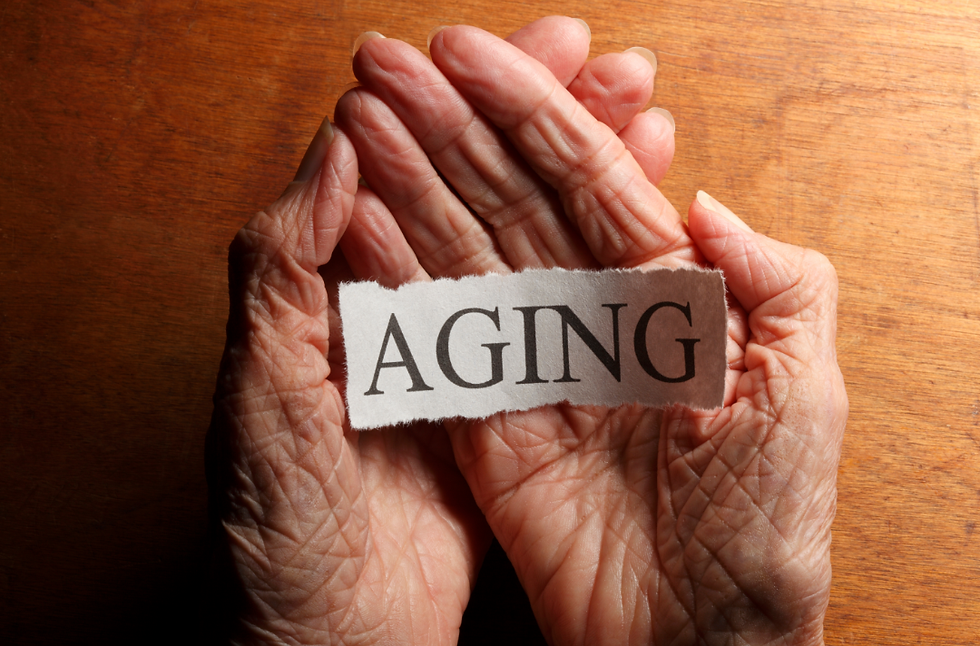The Connection Between Physiotherapy and Mental Health
- Ishani A Gopiyani

- Aug 16, 2024
- 2 min read
Updated: Sep 23, 2024
Physiotherapy is often pegged as the go-to solution for physical injuries and pain management, but its benefits extend far beyond just physical recovery. One evening, while reflecting on the countless patients I’ve treated, I was struck by the profound connection between physiotherapy and mental health. This realization wasn’t immediate; it emerged from years of patient interactions, personal reflections, and sleepless nights dedicated to understanding how to help my patients best. This blog is a testament to that journey and aims to shed light on an often-overlooked aspect of health.
A Personal Journey!
Before we dive into the details, let me take you on my transformative journey. When I first entered the field of physiotherapy, I was primarily focused on the physical aspects: muscles, joints, and movement. However, as I worked with diverse patients, I noticed something profound. Those who engaged actively in their physiotherapy sessions didn’t just heal physically; they started to shine mentally. Their moods lifted, anxieties eased, and overall happiness seemed to bloom. This observation sparked a deep interest in the mind-body connection.

The Mind-Body Connection
As a physiotherapist, I've witnessed first-hand how powerful this connection can be. Our bodies and minds are intricately connected. When one is out of balance, the other often follows suit. The core philosophy of physiotherapy is to enhance physical function, reduce pain, and improve overall quality of life—all of which directly contribute to better mental health.
The Invisible Hand: Endorphins
Endorphins are our body’s natural mood enhancers. These tiny chemicals play a huge role in how we feel emotionally. When you engage in physiotherapy, these natural painkillers flood your system, reducing pain and triggering positive feelings. It’s like having an internal pharmacy that kicks in every time you move purposefully. This isn’t just about running marathons; even gentle, tailored exercises can boost your mood and help alleviate symptoms of anxiety and depression. Chronic pain can feel like a prison, and it often takes a toll on mental health. Patients come to me feeling trapped in a cycle of pain and despair. What many don't realize is that physiotherapy can be the key to breaking free. By focusing on tailored pain management strategies—be it manual therapy, strengthening exercises, or postural corrections—we can alleviate physical discomfort, which often lifts the accompanying emotional burden as well.
Movement: A Prescription for Mental Health
I can’t stress enough how movement is essential not just for physical health but for mental well-being too. Each patient’s journey is unique, and so are the exercise programs I design. These aren't one-size-fits-all routines but customized plans that address specific needs and goals. The empowerment and confidence that come from regaining physical capabilities often lead to significant improvements in mental health.

Physiotherapy is not just about fixing what's broken; it’s about enhancing overall well-being. By addressing both physical and mental aspects, we can help people lead more balanced and fulfilling lives. Whether you’re dealing with chronic pain, and stress, or simply looking to improve your quality of life, physiotherapy has the potential to be a cornerstone of your health journey.
Feel free to ask questions in the comment section; we will try our best to answer them. Kindly comment on how this was helpful; this will encourage our team to build more such blogs.



This is magically interesting✨🙌
Insightful!✨